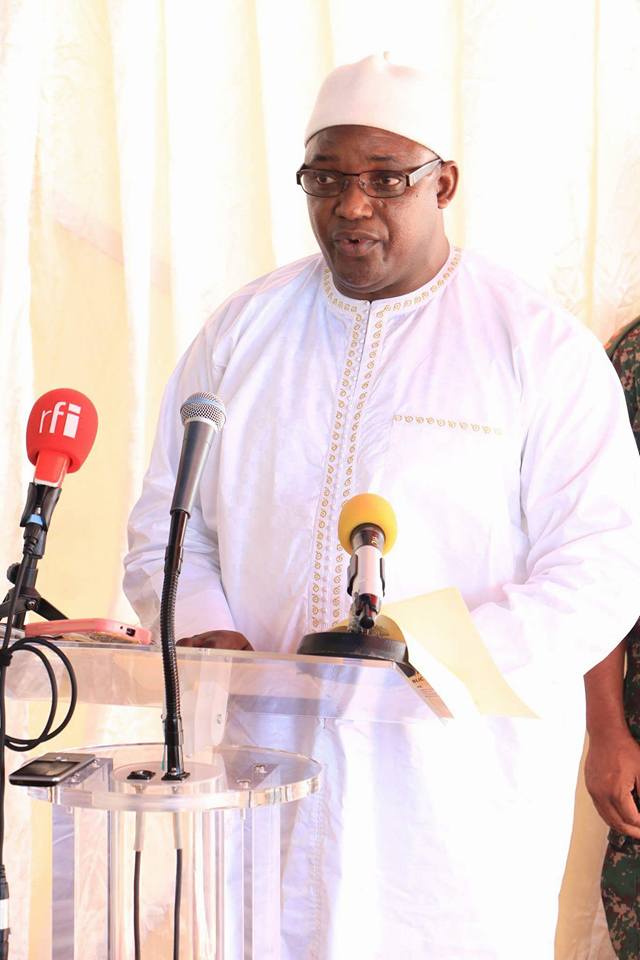
On January 10, 49 BC, General Julius Caesar approached the Rubicon, a pivotal river that divided Gaul from Italy. At that juncture, Caesar was a masterful leader, marked by sophistication, audacity, and determination. As the governor of Gaul, he set his sights on Italy, with Rome as the ultimate prize.
A brilliant strategist, he expertly navigated the complexities of warfare and politics to outmanoeuvre his adversaries. Crossing the Rubicon with his legion would be tantamount to declaring war on Rome—a bold gamble.
Legends tell us that he paused, asking his army to hold while he wrestled with his monumental decision. Marching toward Rome would pit him against Pompey, the legendary Roman general and statesman. Caesar, celebrated as one of history’s most astute minds, recognised that he was stepping into a defining clash with Pompey.
In the end, Caesar resolved to accept his destiny, declaring, “iacta alea est” (The die is cast). He bravely crossed the Rubicon, advanced on Rome, and ultimately claimed victory.
Fast forward to January 29, 2025, when President Adama Barrow took the nation by storm, announcing on live television his candidacy for a third term in the 2026 presidential elections. In that moment, it was evident that “the die is cast.”
As Lady Macbeth asserts in Shakespeare’s “Macbeth”, “What’s done is done.” Barrow’s bid for a third term is no longer a distant ambition; he has crossed his own Rubicon in pursuit of leading The Gambia.
Like Caesar, Barrow is driven by an unwavering ambition. Emerging victorious from a relentless and effective campaign, he has reinvigorated his political party, the NPP, along with his coalition, as he sets his sights on reclaiming the presidency at Number 1 Marina Parade in 2026.
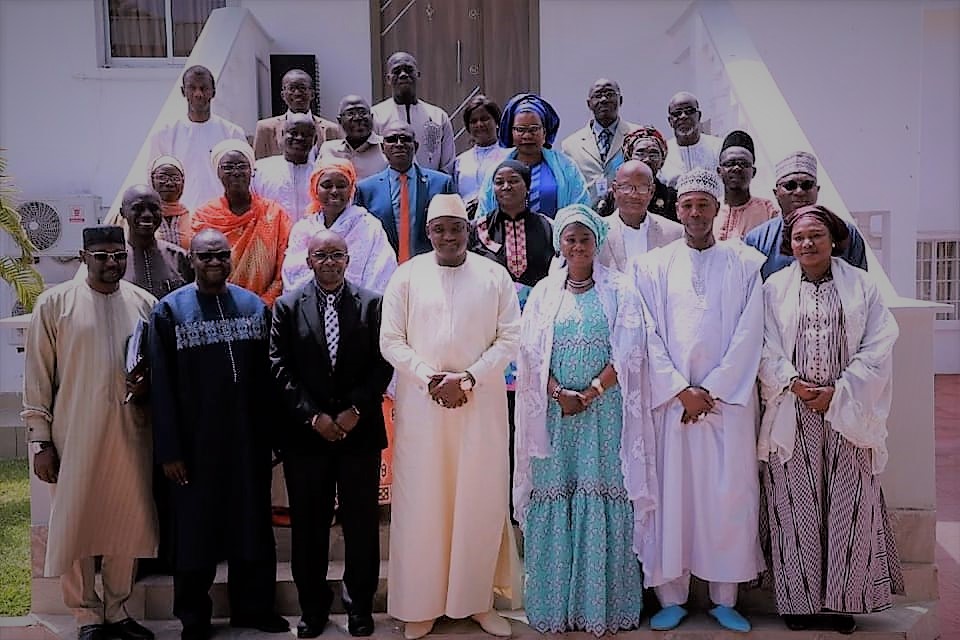
His quest for a third term echoes the military precision of Caesar’s legendary Roman legions, with each supporter playing a vital role, seamlessly fitting into a larger vision. Barrow’s transformation into a figure of presidential gravitas has been nothing short of remarkable. It’s said that “history has no miracles, only causes and consequences,” but perhaps Barrow’s presidency represents a significant shift—an opportunity for real change.
In a recent interview with QTV, Barrow delivered a compelling narrative filled with poignant reflections. Speaking with his characteristic vigour, he inspired his supporters while undeniably provoking skepticism among critics, as some of his promises may seem overly ambitious.
The debate surrounding President Adama Barrow’s pursuit of a third term transcends legal permission; it strikes at the very heart of our nation’s moral and democratic integrity. Although the Gambian constitution grants him the right to run again, the potential impact on our democratic future is profound.
In his recent interview with QTV, President Barrow declared his intention to seek re-election in the 2026 presidential elections, seeking to quell the dissent of a growing chorus of activists and feminists advocating for a “No to Third Term” campaign.
This moment is not simply about legality; it is a critical juncture that invites moral scrutiny. Barrow contends that his primary motivation for a third-term bid is the political survival of his party, the National People’s Party (NPP), which he characterises as still in its infancy. He insists that, under different circumstances, he would willingly step down after his second term, feeling he has nothing left to prove.
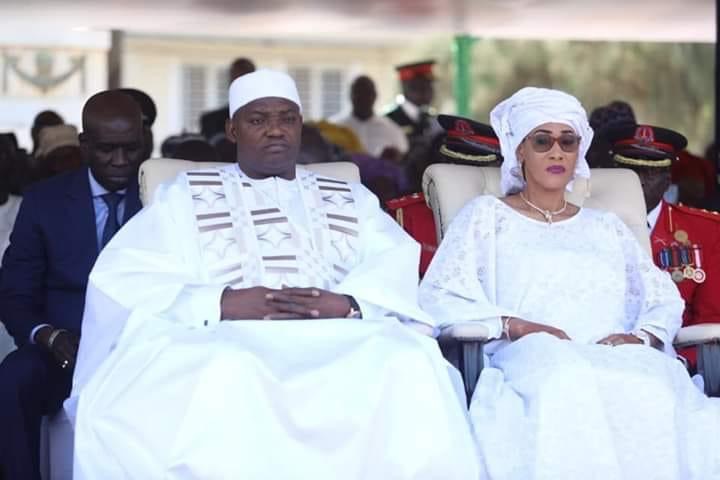
Yet, he claims that his party members are pressuring him to run again, driven by fears of disintegration without his leadership. This rationale raises alarming questions about Barrow’s true priorities. It suggests he is more invested in the NPP’s political viability than in advancing the democratic principles of The Gambia.
His stance casts serious doubt on his commitment to the nation and its citizens, as it appears he may be prepared to sacrifice our democratic values for his own political ambitions and the interests of his allies.
While President Barrow is indeed legally eligible to pursue a third term in 2026, the ongoing discourse surrounding this issue is nothing short of a dangerous distraction. The real question at hand is a moral one: Will President Barrow choose to uphold the democratic ideals that Gambia deserves, or will he prioritise the survival of his political party? The choice he makes will resonate far beyond the electoral landscape; it will define the moral fabric of our nation for years to come.
The discussion about a potential third term for President Adama Barrow transcends legal considerations and fundamentally raises moral questions of significant importance to him and his supporters.
Currently, this debate not only distracts from the pressing concerns of a segment of the Gambian population but also resonates with the anxieties of the opposition, civil society activists, and those disparagingly labeled as ‘fifth columnists’—individuals viewed as detractors of the government’s objectives.
Central to this discourse is whether President Adama Barrow and his allies will seek a third term in the 2026 presidential elections. The issue of presidential term limits in The Gambia is intricate and layered, encompassing both legal and ethical dimensions.
Legally, the 1997 constitution makes no provision for a two-term limit for the presidency. This absence opens the door to various interpretations and potential manipulations.
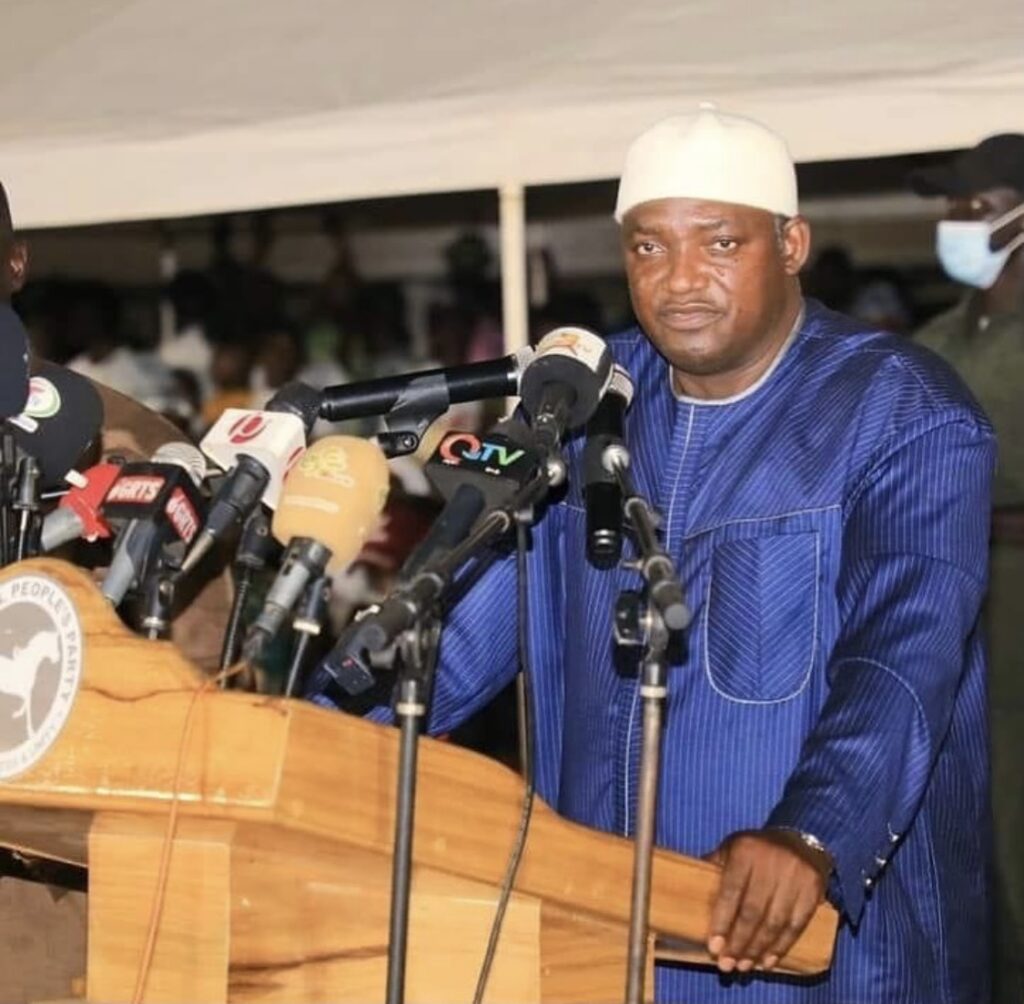
For instance, President Barrow might argue that because his predecessor, Yahya Jammeh, abolished term limits, the constitution imposes no constraints on his presidency. Jammeh’s tenure lasted twenty-two years, during which he pursued a bid for a lifetime presidency, despite theoretical constitutional boundaries.
On the moral front, term limits are closely tied to principles of good governance, transparency, anti-corruption initiatives, peace, development, and societal prosperity.
Such limits serve as crucial safeguards against political crises and are vital for sustaining a robust democratic process characterised by regular power transitions. Bypassing these limits—typically associated with a decline in governance—can have dire implications for national security and progress, highlighting the seriousness of this issue.
At this juncture, any discussion about a third term for President Adama Barrow feels prematurely speculative. While he remains in office, he deliberates on whether to pursue another term. This matter goes beyond mere constitutional legality and enters the vital realm of ethics. Elected in 2017 as part of a grand coalition, Adama Barrow campaigned on the promise of reinstating term limits—provisions that were stripped from the 1997 constitution by former President Jammeh to solidify his power.
Morally, the principle that no individual should serve beyond two terms is compellingly clear. Yet, legally, the 1997 constitution does not inhibit Barrow from seeking another term.
The ongoing debate regarding a third term—one that arguably should not even be a topic of discussion—continues to be driven by those who thrive on political strife and career politicians ensnared in a quest for power. This is a pivotal moment for The Gambia; the path taken now will shape the nation’s democratic landscape for years to come.
Propaganda engineering—the strategic manipulation of information to sway public opinion—has become increasingly complex in today’s information age. Maintaining consistent narratives is an uphill battle when anyone with internet access can easily create and disseminate propaganda.
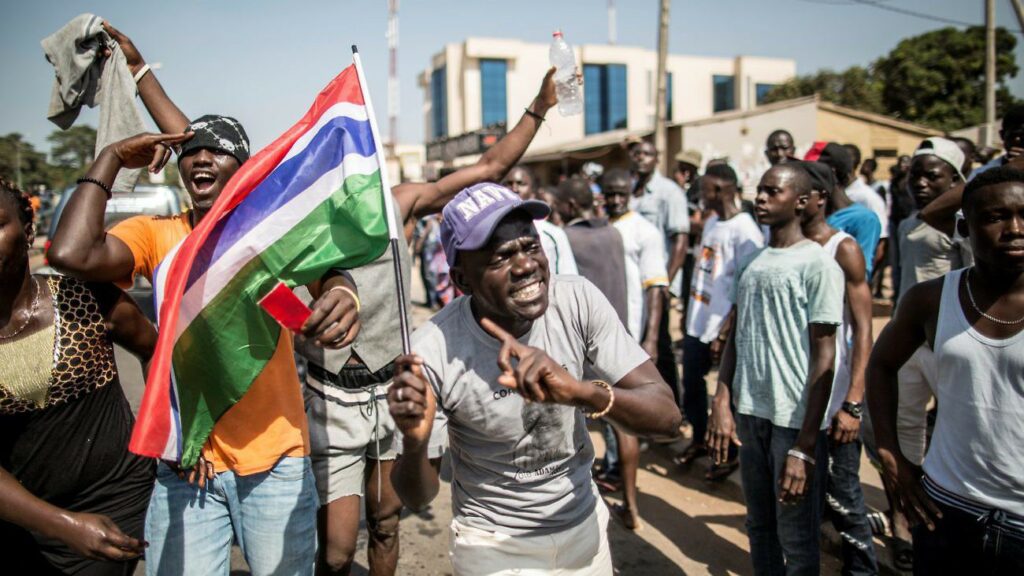
The impoverished west African nation of Gambia is set for a rare handover of power after long-serving President Yahya Jammeh suffered a shock defeat at the polls. Rights bodies and media watchdogs accuse Jammeh of cultivating a “pervasive climate of fear” during his 22 years in office and of crushing dissent against his regime.
/ AFP / MARCO LONGARI (Photo credit should read MARCO LONGARI/AFP/Getty Images)
Moreover, adversaries can quickly dismantle false claims, compelling those behind the messaging to rethink their strategies. In many democracies, election term periods and mandates are clearly defined and not open to debate.
An established electoral calendar provides the certainty necessary for the electoral commission and all stakeholders to plan effectively for the future. This kind of stability is vital for aligning The Gambia’s democratic practices with international best standards.
Let’s be clear: when an incumbent candidate commits to serving a single term or two terms and later changes that commitment, they may raise moral questions, but they haven’t violated any laws.
Our Constitution and the Independent Electoral Commission assert that elections are governed by legal frameworks, not moral judgments. So, why all the fuss about Adama Barrow’s stance on a potential third term? If he has chosen to reconsider, it is well within his rights. Even in holy scriptures, it is noted that even God has revisited His decisions.
Thus, it is essential for voters to either support or oppose him thoughtfully, while prioritising peace in our electoral discourse. Engaging in contentious debates of this nature could trigger severe consequences, such as political instability, social unrest, and economic downturns.
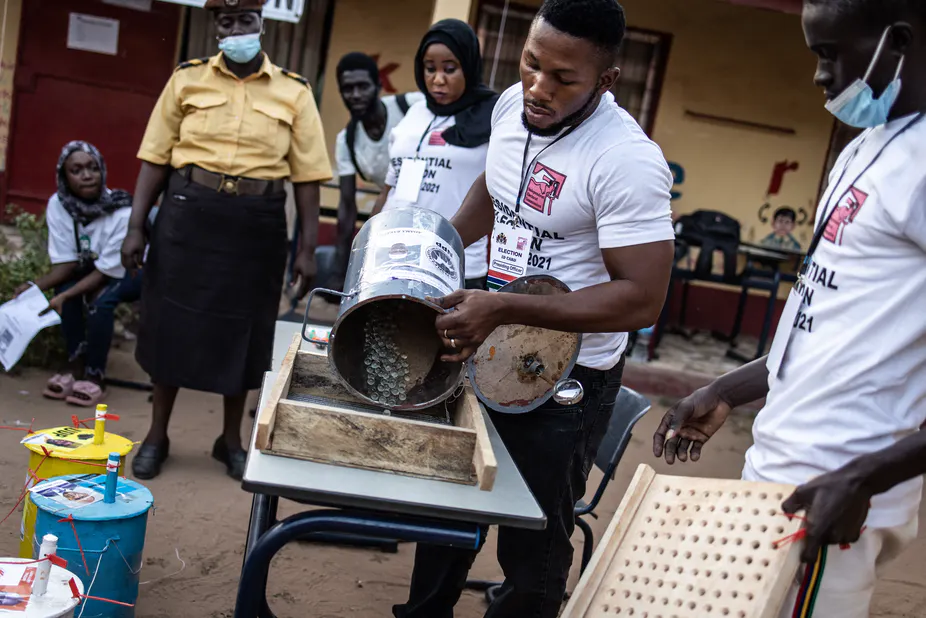
Gambians must reflect on their democratic traditions and political history, which were marred by the authoritarian regime of Yahya Jammeh. Our nation has endured and confronted over two decades of self-imposed rule, and these experiences are not merely historical footnotes; they are instructive lessons that demand our attention and respect.
If Adama Barrow were to repeat the mistakes of Yahya Jammeh, Gambians could find themselves facing the same dire challenges that plagued our past. It is crucial that we cherish and defend our democratic principles while learning from our history to forge a brighter future for ourselves and generations to come.
The pressing concern for Gambians should not revolve around speculation about a potential third term for the president. Instead, the current debate must be understood as a demand for clear and tangible answers to the pressing questions raised by citizens.
Politicians frequently become ensnared in electoral rhetoric, overlooking the critical issues that truly matter. The real urgency lies in addressing rampant public sector corruption, improving living standards, reducing the soaring costs of essential goods, confronting climate change, and promoting sustainable development.
Since 2017, we have faced an extended period of stagnation, underscoring the necessity for bold strategies to decisively tackle these socio-economic challenges, alleviate poverty, combat youth unemployment, and empower women.
The significance of these issues is immense; it is essential that we act without delay to avert further decline in our society. We must recognize the urgency of these challenges and respond with determination. Yet, in an effort to sidestep complex dialogues, politicians often fixate on institutional matters and the distribution of power.
It is crucial to remember that the Gambia has upheld democratic principles for over two centuries, making continued debates about the rules impractical and counterproductive.
Politicians must focus on achieving clear resolutions for independent institutional matters, enabling evaluations based on competencies in vital areas such as the economy, national security, and education—rather than mere participation in rule-making.
A shift in our focus is not only needed; it is critical to address the real issues impacting the lives of Gambians. We must commit to steering our political discourse toward these urgent priorities.
Recent developments in the Gambia illustrate that Adama Barrow’s regime is not just downplaying term limit restrictions, but actively circumventing them. This occurs despite the inclusion of a term limit clause in the 2020 draft constitution, which was designed to reinforce limits and reaffirm our commitment to democratic values.
In conclusion, while many African constitutions recognise term limits, their enforcement rests on political will and moral integrity. It is imperative that our leaders respect the will of the people and uphold the law, reflecting the broader governance challenges that are prevalent across the continent. The time for decisive action is now.
During President Barrow’s interview, a particularly troubling aspect emerged regarding his bid for a third term. Although he is constitutionally qualified and faces no legal barriers in pursuing another term, he squandered the opportunity to exhibit true democratic values and instead appeared self-serving.

In his appearance on QTV Gambia’s “State of Affairs,” President Adama Barrow argued that his consideration of a third term stems from the immaturity of his party, the NPP.
He proclaimed that if it were solely his decision, he would willingly step down after his second term, asserting, “there is nothing left for him to prove.” Yet, he admitted that party members are pressuring him to run again, fearing the party might collapse without his leadership.
This statement raises serious concerns about President Barrow’s priorities. It implies that he is more invested in safeguarding the survival of his party than in promoting genuine democratic progress in The Gambia.
Such a stance is deeply troubling, as it suggests he may be prepared to sacrifice democratic principles and the interests of the Gambian people in favour of his own political ambitions and those of his allies.
Nevertheless, his measured demeanour was underscored by moments of passionate criticism aimed at those who opposed him, illuminating his tough resolve. Regardless of our political views, President Adama Barrow stands as the third president of The Gambia; he is our president, and he is determined to run for a third term.
He envisions a brighter future for The Gambia—one that some may perceive as utopian or idealistic. However, it is in our collective interest to hope for his success; wishing for his failure would be akin to placing a bet against our own future. We must aspire for him to make The Gambia better than he found it. Iacta alea est (The die is cast).
By Alagi Yorro Jallow











Recent Comments